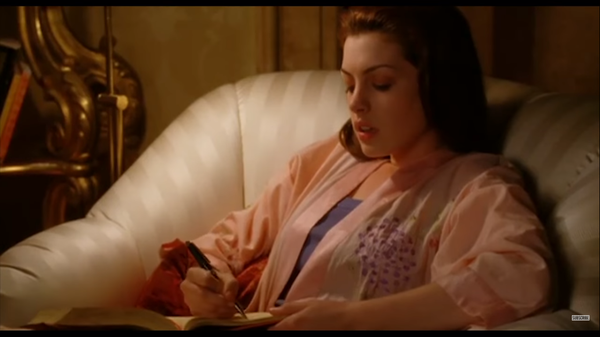The posts started arriving on my Facebook feed. Just one hashtag for most of them, but some ventured into an explanation. Two words were in that hashtag: #MeToo. After doing some research, I saw that Alyssa Milano had started the movement in response to recent news about Harvey Weinstein.
If you’ve been sexually harassed or assaulted write ‘me too’ as a reply to this tweet. pic.twitter.com/k2oeCiUf9n
— Alyssa Milano (@Alyssa_Milano) October 15, 2017
I am so proud of my friends who have decided to step forward and discuss their experiences with sexual harassment and assault. However, as I look back on the notices, I do have an issue with #MeToo.
It focuses on one gender.
Alyssa Milano herself wrote, "If all the women..." Women. In this progressive culture that we live in today, I would have thought the initial response would be "If everyone..."
I am not trying to downplay the gendered violence occurring.
I know that 1 in 6 women will experience rape or attempted rape. As someone who identifies as a woman, I understand the severity of this issue. But it is more than just the women being sexually assaulted and harassed.
According to RAINN, 1 in 33 men will experience rape or attempted rape. Just this past week, Terry Crews revealed that he was sexually abused at a Hollywood event.
And no matter how hard I try, I cannot find statistics on sexual harassment and abuse for those who identify as nonbinary (but that is for another article). Never mind the fact that about half of transgender individuals will experience some sort of sexual violence.
So why are they excluded?
Why does the hashtag not support those men and non-binary individuals? Why does it not include transgender individuals who choose not to be labeled?
It does not because sexual violence is a gendered violence. I will admit that, when I first think of possible victims of rape, images of women appear. And that is the problem. The statistic for violence against women is high and concerning. But the statistics for men and LGBTQ+ individuals are just as important.
We cannot forget those afraid to speak out in worries of it diminishing their masculinity. We cannot forget those who feel excluded from the binary views in a society that have been engrained into the minds of many. We cannot forget those who still sometimes cannot feel comfortable in bathrooms, let alone feeling that they will not experience sexual violence with a partner.
So what do we do then?
Well, we can change the wording that goes with the hashtag. We can make it so that ANYONE who has experienced sexual violence can speak out. We can educate society because, maybe, if sexual violence is not gendered, something will finally be done about it.


















